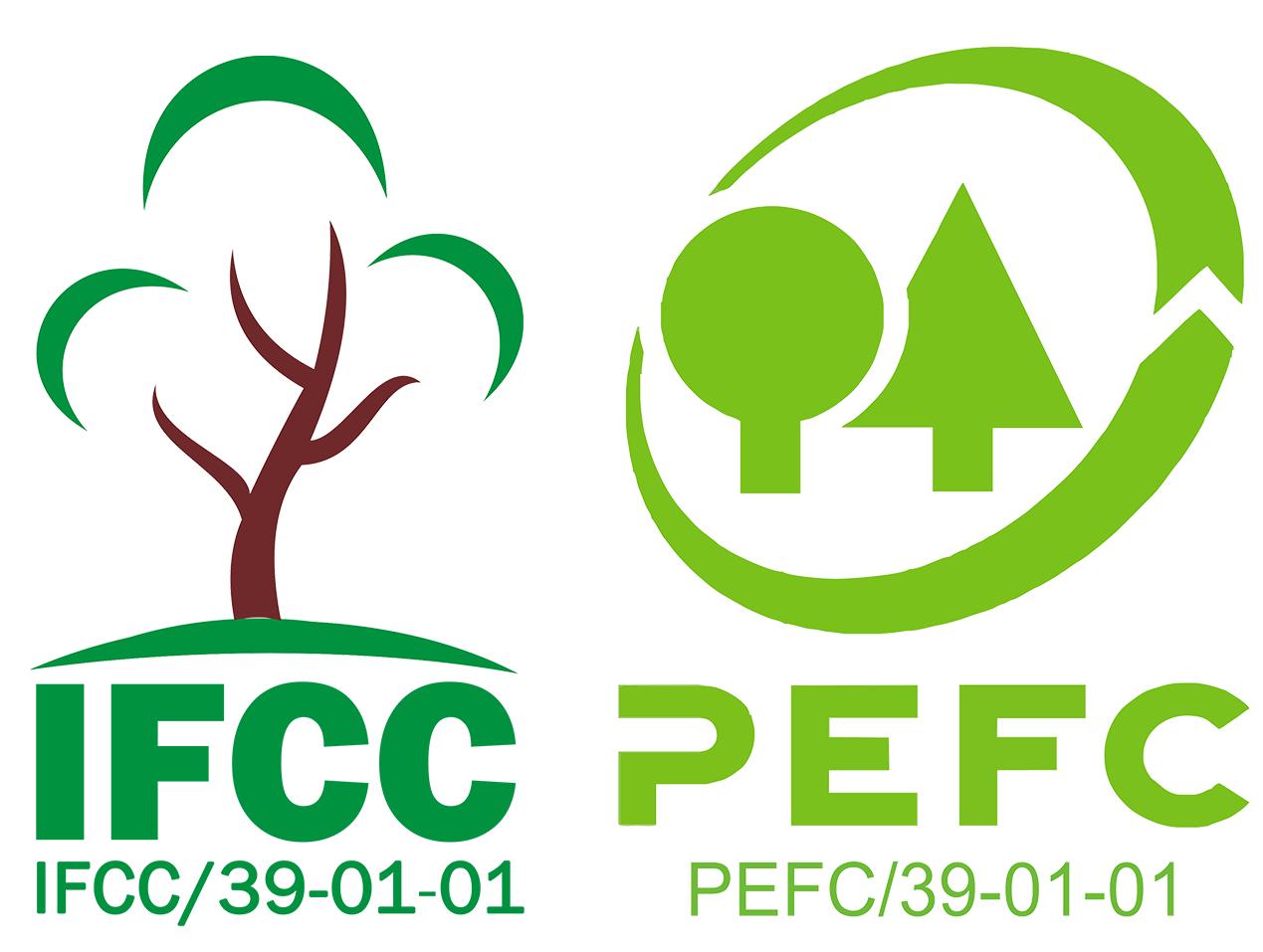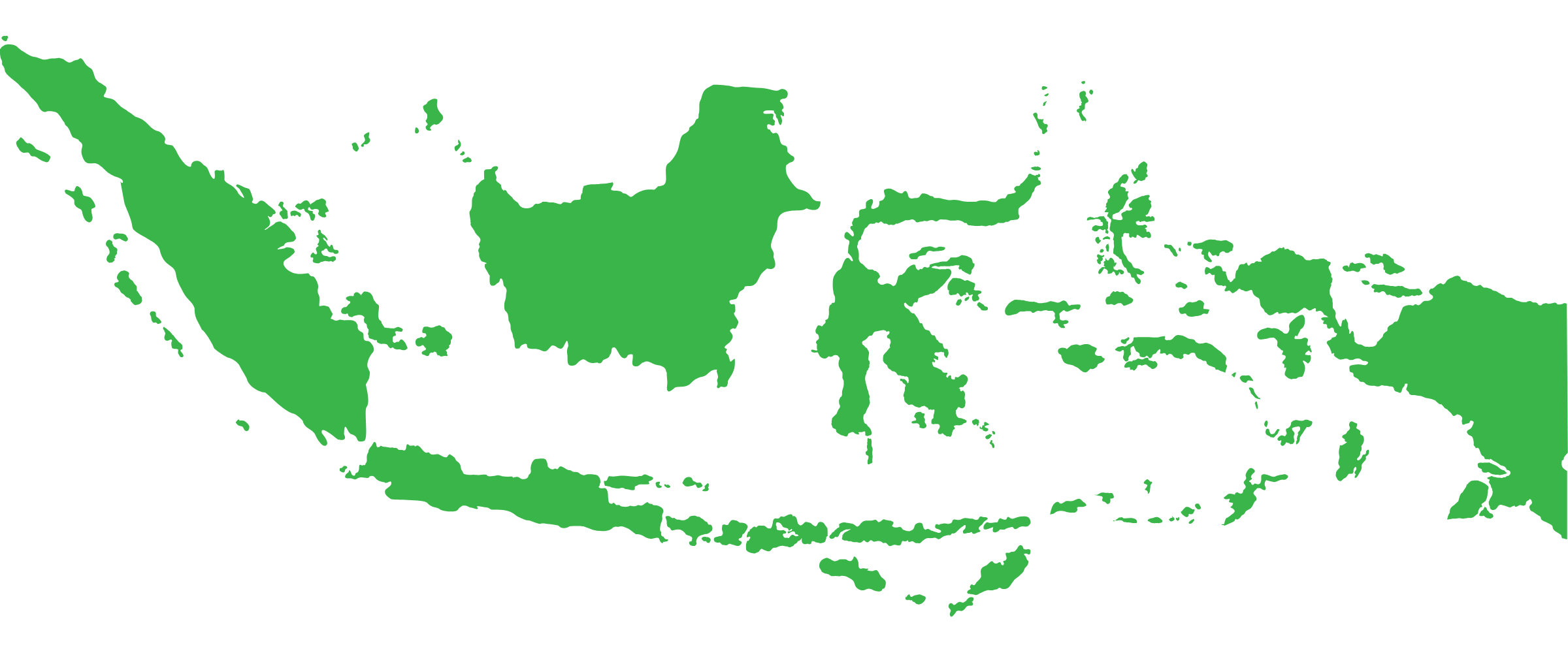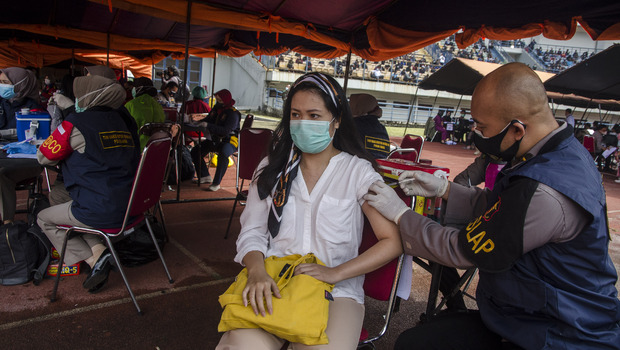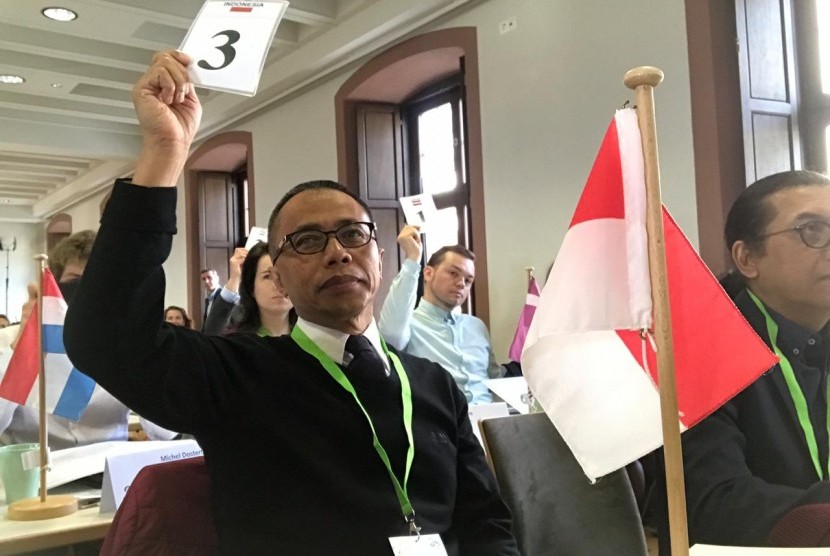Can't See the Wood for the Trees? Put on Your Sustainability Glasses
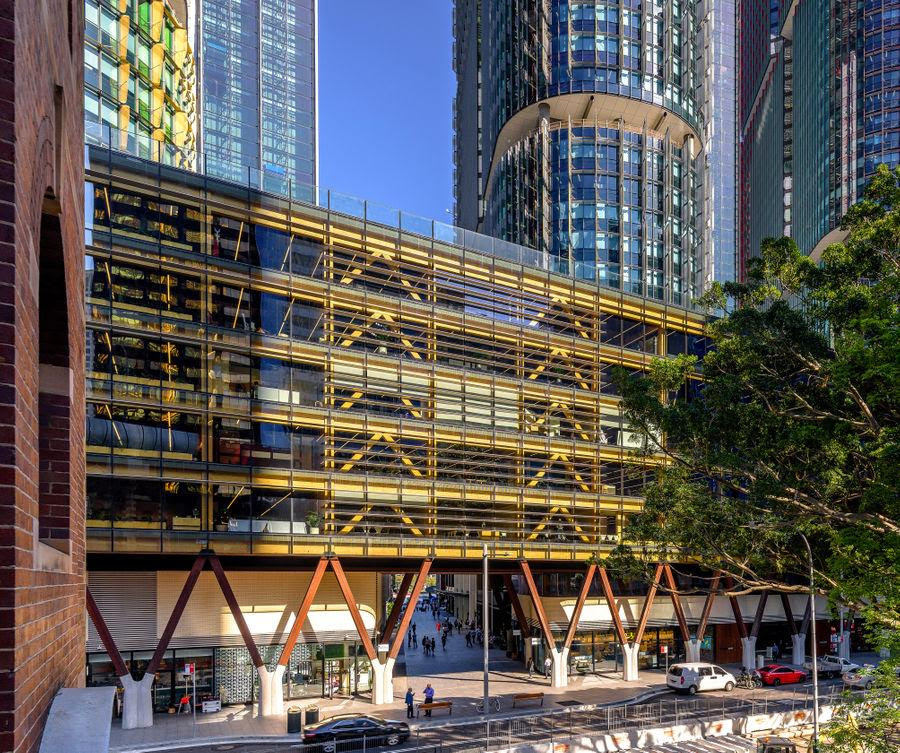
Don't let anyone tell you that the pandemic with its consequential health and economic impact is holding back the global timber, rubber, paper and packaging industries. What's more, the sustainability trend reigns supreme. Those who believe in the importance of responsible sourcing and sustainable supply chains are seeing widespread acceptance of change for good!. This issue has the latest on the natural rubber campaign and how PEFC is helping the fashion industry come clean. Mass Engineered Timber (MET) and Digitalisation for the Built Environment rate highly too. All with particular relevance to Media and its followers in Asia Pacific. Pictured above is International House, Sydney, Australia, which won the World Architecture Festival - PEFC Best Use of Certified Timber Prize in 2018.
Saving Lives. Saving Forests. With Natural Rubber.
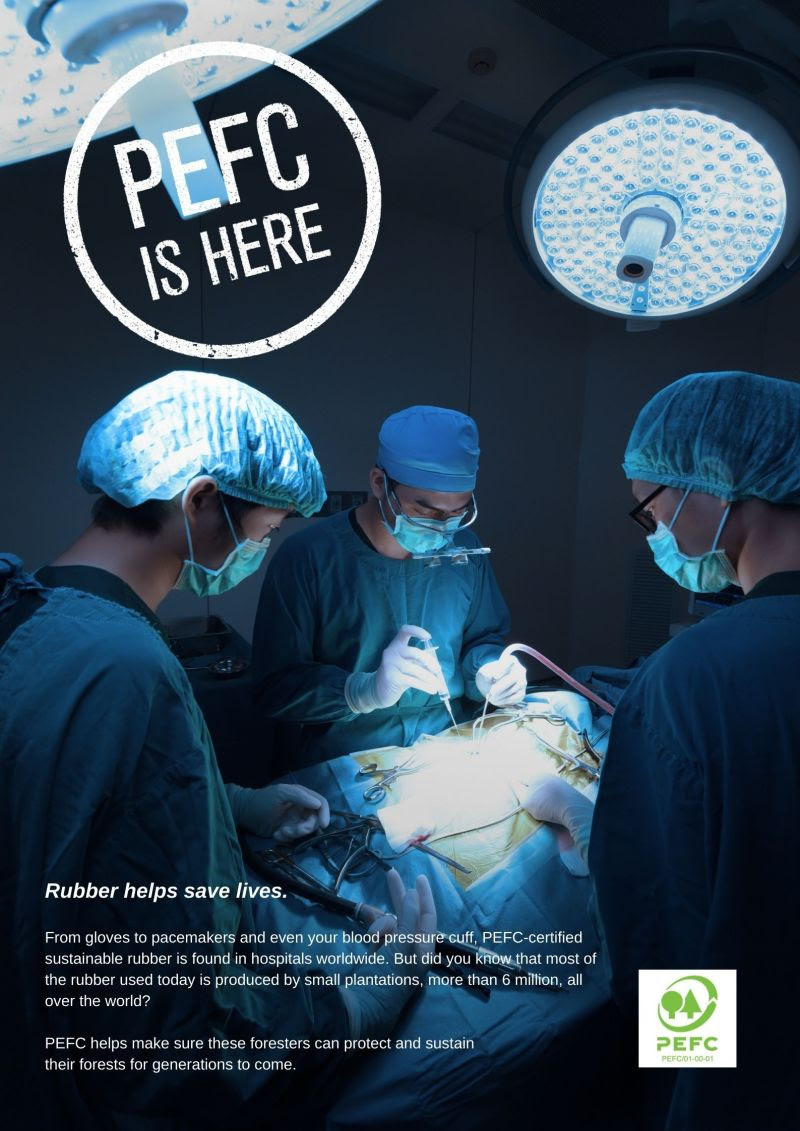
Rubber helps save lives. If it’s produced sustainably, it can help save forests, too. Rubber is found in hospitals worldwide. From latex gloves to pacemakers, seals for controlled drug delivery devices, even your blood pressure cuff. Rubber isn’t the most obvious part of our modern medical infrastructure, but if it suddenly disappeared our hospitals would be in disarray. Most of this rubber starts its life in rubber trees – billions of them on small plantations all over the world. There the rubber is tapped by hand, and brought to market by millions of smallholders. PEFC works with these smallholders so that they can increase their yields, and produce rubber in a way that protects their plantations and nearby forests. This is one of the key messages in PEFC's Supporting Sustainable Rubber campaign, launched on 7 July. Read all about it.
PEFC Joins in "Making Peace with Nature" in Climate Week

The Virtual Thematic Sessions of Asia-Pacific Climate Week 2021 (APCW 2021) run from 6 to 9 July and is hosted by the Government of Japan. The sessions are designed to boost the climate change response of countries in Asia and the Pacific and build momentum for the crucial UN Climate Change Conference COP26 in November in Glasgow. Taking part in the ‘Making peace with nature in the context of climate action’ session, Richard Laity, PEFC South-East Asia Manager, is on the ‘Strengthening governance and policy innovation’ panel discussion. Japan, as a country which pledged net-zero emissions by 2050, is hosting the Asia Pacific Climate Week 2021, in the hope of enhancing collaboration for redesigning our socio-economic system through decarbonisation.” Still time to participate in Climate Week
BuildTech Asia on Digitalisation for the Built Environment

Dealing with real live issues and coming up with solutions is not the easiest when its all online. But BuildTech Asia achieved that by going digital in more ways than one. PEFC was there - virtually of course - and came away with some very realistic answers. The digital edition of BuildTech Asia exhibition is running 7 to 8 July to facilitate the exchange of insights, knowledge and solutions towards accelerating the adoption of smart technologies, as well as strengthening Industry 4.0 capabilities for the built environment sector. This year, it has more than 50 key industry leaders speaking at 40 online webinars and also features over 100 exhibiting global brands. You can catch at least one important message from BuildTech Asia by listening to On Prime Time, with host Rachel Kelly who finds out how digitalisation is shaking up the built environment in a special interview with Dr Teo Ho Pin, Honorary Advisory, Singapore Institute of Building. Listen up.
It's in Fashion: Join for the Global Climate Action Initiative
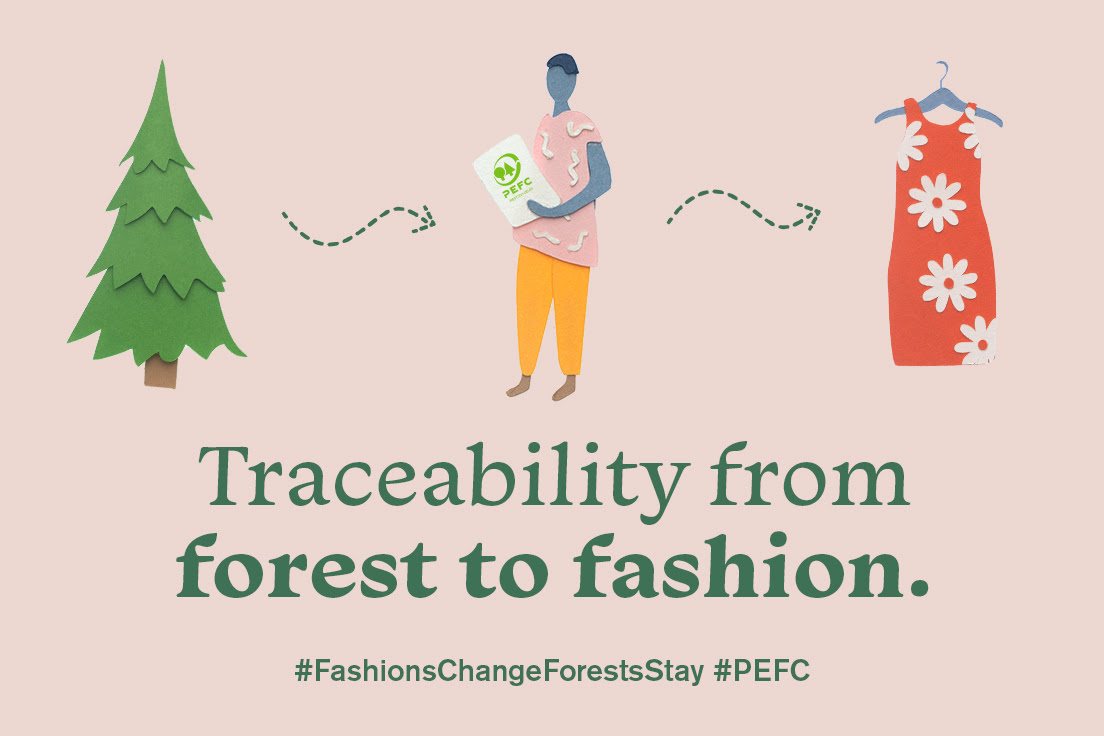
For most large fashion brands, emissions from production, manufacturing and materials will all be higher than from direct operation. The 2021 edition of the organisation’s Transparency Index, published this week, analyses the reporting and other disclosure processes of the world’s largest fashion companies, covering information relating to human rights and environmental impact. This week PEFC is also proud to announce that it has joined the UNFCCC Fashion for Global Climate Action initiative as a signatory to the Fashion Industry Charter for Climate Action. The Fashion for Global Climate Action initiative calls on the fashion industry to acknowledge the contribution of the sector to climate change and our shared responsibility to strive towards climate neutrality for a safer planet. PEFC also continues its own "Fashions Change, Forests Stay" campaign. Read all about it.
Metsa Group's "Sustainability Unfolded" for Forests
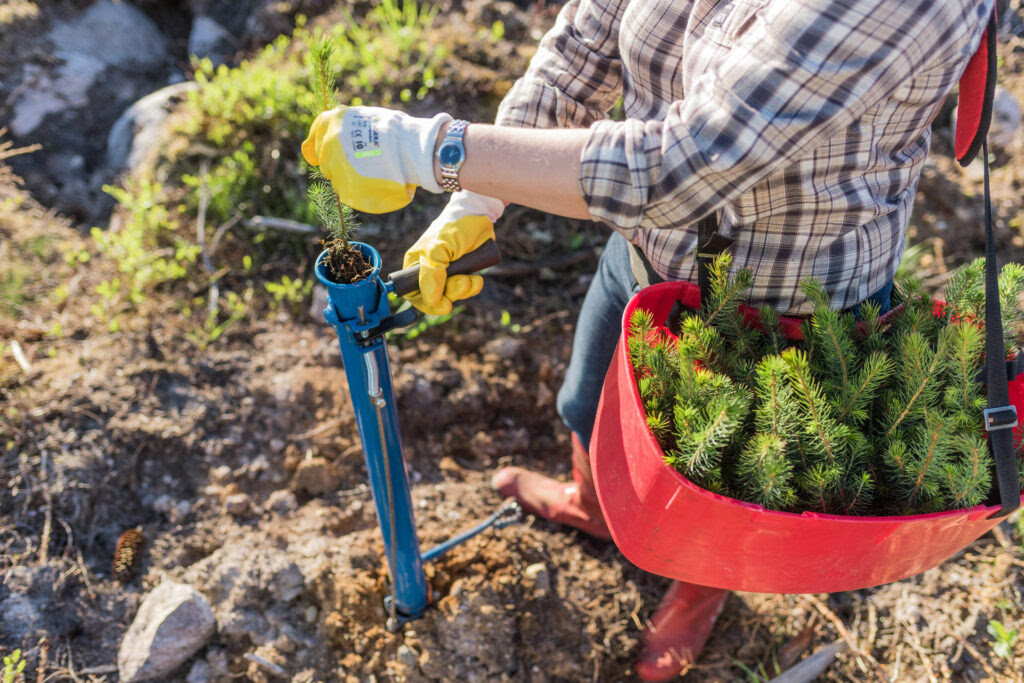
Responsible forest use does not cause climate change – but fights it. There is a genuine need to increase knowledge and create a positive attitude towards responsible forest management. When conducted correctly, it helps us preserve our planet’s viability for the future generations. Sustainable forest management plays a key role in the process of reforestation. Growing trees absorb more CO2 than mature ones, so how we manage to secure the healthy growth of forests is essential. If after regeneration felling, each felled tree is always replaced with three to four new seedlings, you can definitely call it reforestation. That's a clear message from Metsa Group - a long time PEFC International Stakeholder Member - whose business operations cover the entire value chain for wood, from wood products and forest services to tissue or paperboard. There's more here.
Responsible Wood: The Master & his Apprentice in Tasmania
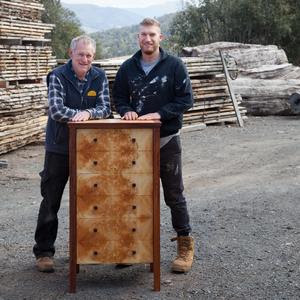
Craig Howard and son Jack are two of Tasmania’s finest timber craftsman. They really are two of a kind… Two parts of the Heritage Furniture legacy, fourth and fifth-generation timber artisans alike, both have forged reputations as specialists in designing and manufacturing handcrafted masterpieces. Located in an elevated inlet overlooking Geilston Bay, the Heritage Furniture workshop contains a treasure trove of high valued specialty timbers including the iconic Tasmanian Huon Pine, King Billy Pine, Celery-top Pine, Blackwood, Blackheart Sassafras, Myrtle in addition to selected imported timbers such as cedar and mahogany. Read more about Heritage Furniture.
Unearthing the Delights & Insights in Tomorrow's Timber
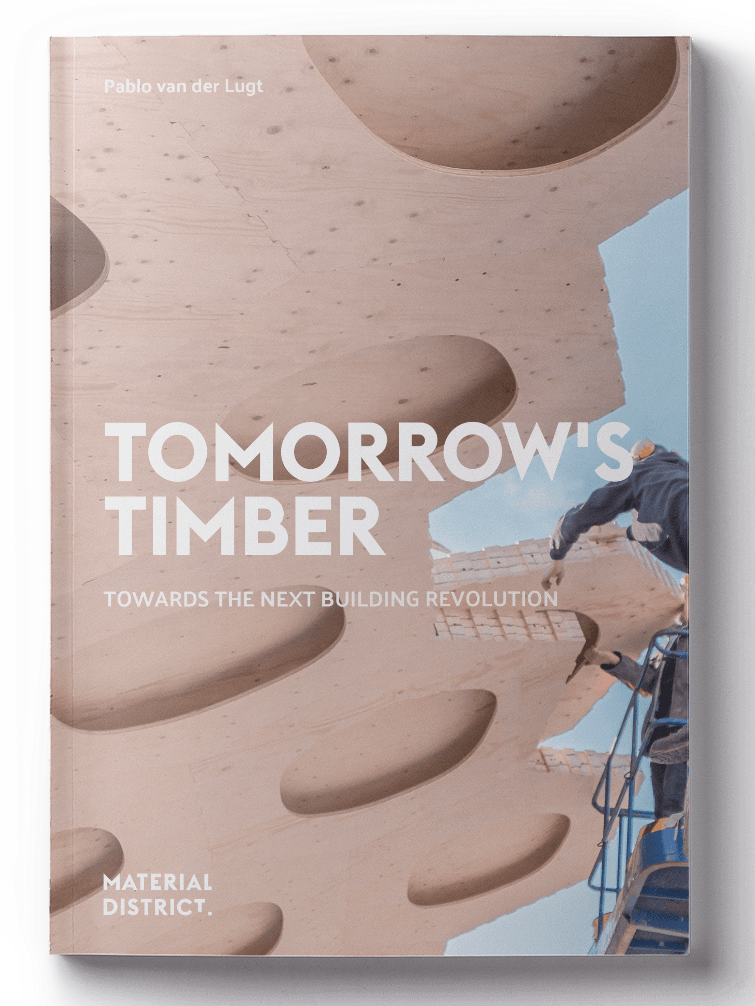
Timber is in the news everywhere. For all the right reasons. And it's difficult to avoid running into tall stories about Mass Engineered Timber (MET) and buildings made entirely of wood. Of course, there will be the naysayers who come up with all the reasons why wood is not so good - for the environment, for fire safety, for its added cost. But when you believe in timber as the best material for building - as PEFC obviously does - its good to read what Pablo van der Lugt has to say, and show, in Tomorrow's Timber. No holding back. Page after page of case studies, plans, architects' ideas, drawings and photographs of some of the best examples in the world. It all goes to illustrate what the author calls "the next building revolution". Read Ken Hickson's review here.
Certified Paper Packaging & the Circular Economy
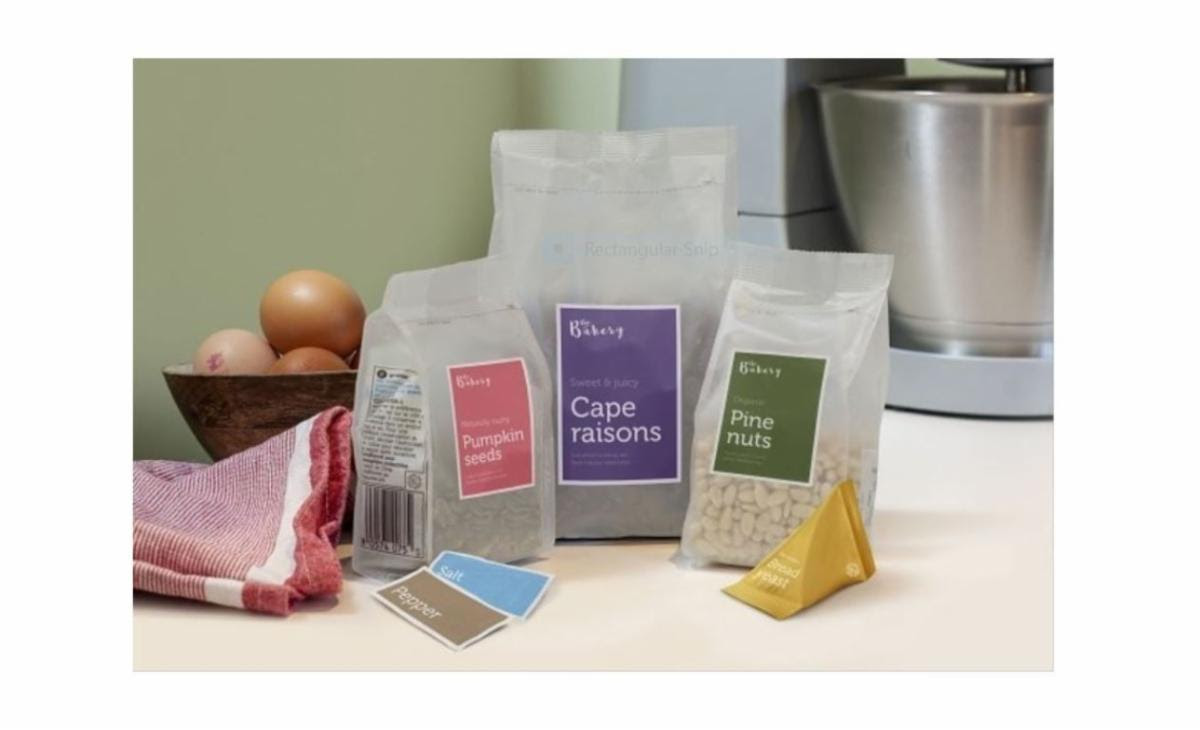
A 2020 Two Sides Survey on European Packaging Preferences found that paperboard packaging is favoured by consumers as being better for the environment and considered easier to recycle and home compost. If you are a brand owner or retailer looking to understand and learn more about how certified paper packaging affects you and how you can play a larger part in the circular economy, you can join in the PEFC webinar on Thursday 8 July or catch the recording of it. See how innovative certified paper-based packaging solutions are meeting the challenge for more environmentally friendly alternatives. Speakers include Christophe Jordan from Arjo Wiggins who will present Sylvicta (pictured) – a ground-breaking new sustainable alternative to plastic packaging using PEFC-certified wood pulp. Read more
Singapore's Six Garden Pavilions in PEFC Certified Timber
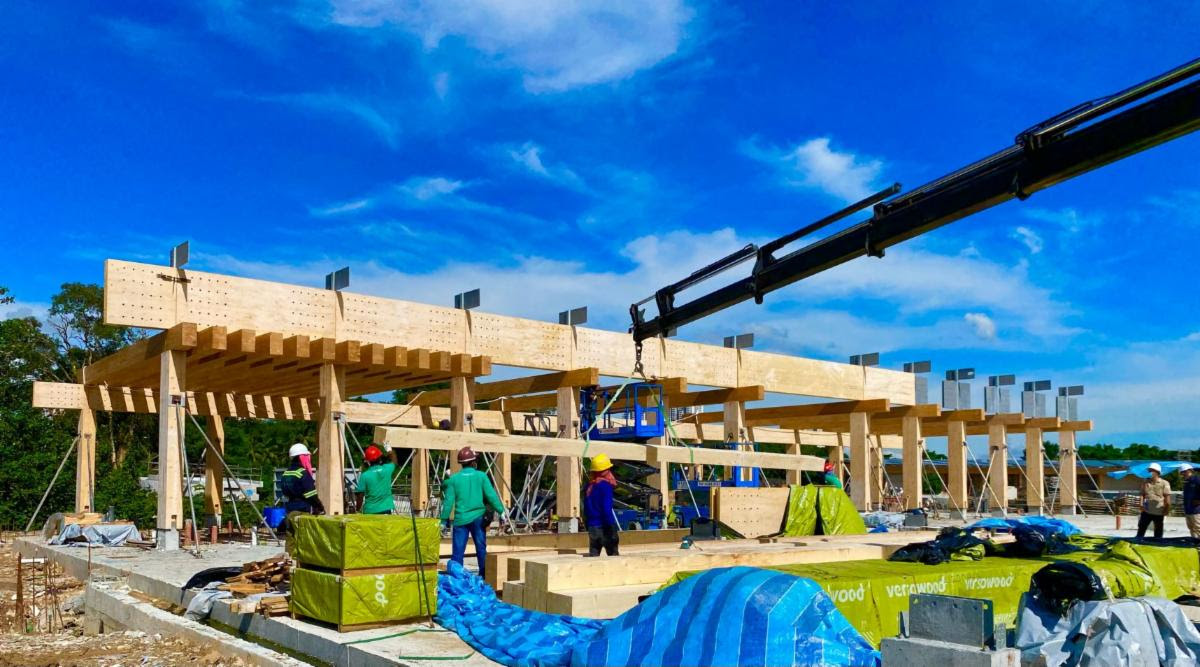
Beautiful wooden structures are taking shape at National Park’s Jurong Lake Gardens. It’s been 25 years since Venturer Timberwork built National Park’s Botanical Gardens Visitors' Centre. Since then Kevin Hill says there’s been a great deal of evolution, especially on the sustainability front. We visited the building site in Jurong last week to see how a PEFC audit is conducted and interview those involved in the assembly of the six timber pavilions. See more here.
Who Wants to Win the "Best Use of Certified Timber Prize"?

For the third time, PEFC is supporting the World Architecture Festival 'Best Use of Certified Timber Prize', rewarding architects and project teams for their use of certified timber as a main construction material for buildings outstanding in sustainability, innovation, quality or aesthetics. “In the two years’ dialogue with renowned architects at WAF, we have noticed an increasing interest in sustainable timber. Some architects even say it’s 'the only way forward'," said Fabienne Sinclair, Head of Marketing at PEFC International. "We are pleased to contribute to making both forests and construction more sustainable.” Read and see more here.

